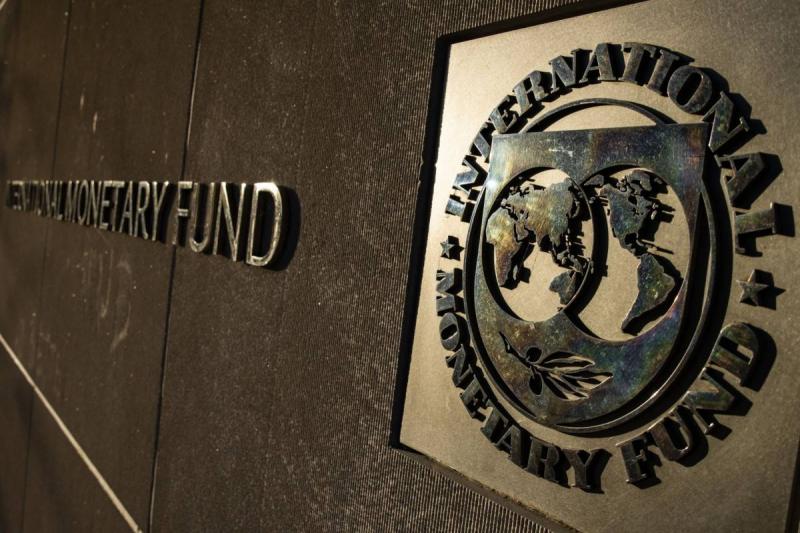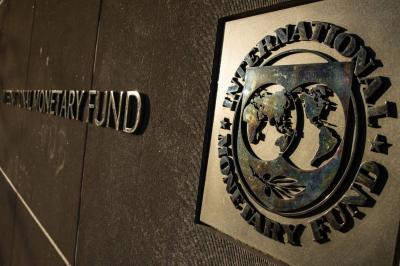The International Monetary Fund (IMF) estimated that the financing needs in the Middle East and North Africa will reach $919 billion this year and next, as the region seeks to recover from the COVID-19 pandemic. In updated forecasts published today, the IMF stated that public financing requirements will likely remain above 15% of GDP in most of the region until the end of 2022.
The Fund raised its growth forecast for the Middle East and North Africa to 4% in 2021, up from previous estimates of 3.1%. Jihad Azour, the Fund's regional director, expressed expectations for GDP to expand by 3.7% next year, but noted that improvements depend on the speed of vaccine distribution. Azour said in an interview, "Recovery has begun, albeit unevenly... Our primary message to countries is the need to accelerate vaccinations and prioritize them, along with the necessity for regional cooperation in this direction."
**Growing Debts**
The IMF updated its global economic growth forecasts this month, warning that advanced countries will be less affected by the virus in 2021 compared to low-income countries where vaccination programs are delayed.
In the Middle East and North Africa, as well as Central Asia, funding requirements will be at least $300 billion higher in 2021 and 2022 compared to the previous two years, totaling $1.1 trillion. The report stated that more than one-third of countries in this expanded group witnessed an increase in debt-to-GDP ratios exceeding 70%, with most located in the Middle East and North Africa. Azour indicated that any tightening of liquidity or increase in interest rates will increase pressure on governments that are forced to borrow more to fund programs.
Financial support measures to combat the pandemic's impact helped some countries withstand the severe economic recession. However, lower oil prices in a region heavily dependent on crude income have led to increased budget deficits.
**Less Contraction**
Azour noted that high oil prices have improved prospects for this year, particularly regarding external accounts and fiscal aspects for exporting countries. The IMF estimates that the average budget deficit as a percentage of GDP last year reached about 12% in advanced economies, around 10% in emerging markets, and 5.5% in low-income economies.
The IMF's report estimated that the economy of the Middle East contracted by 3.4% in 2020, compared to an expectation of a 5% contraction in last October's forecasts, as well as a widening budget deficit of more than 10% in 2020, compared to 3.8% the year before.
Funding needs in the Gulf Cooperation Council countries are expected to reach $248 billion this year and next, accounting for about 27% of total needs in the region.
The IMF stated that banks remain resilient despite increasing ties between them and sovereign entities, noting that the full impact of the crisis on the banking sector has yet to become clear, given the continued political support and regulatory facilitation measures. The Fund predicted that food prices would stay high this year, with its food price index rising by approximately 14%.




